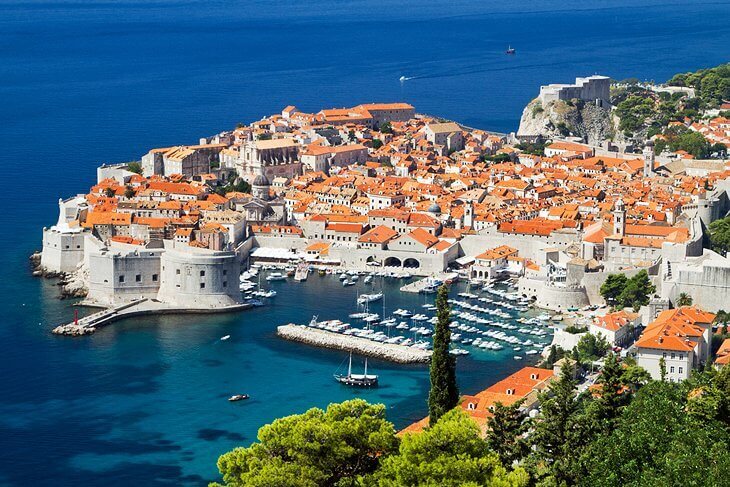Desire to Travel Remained Strong in 2022 Despite COVID-19, Inflation, Delays & War in Ukraine, ETC Reveals
The tourism sector in Europe has been considerably challenged throughout 2022, especially coming after a nearly two-year period of inactivity during the COVID-19 pandemic and much more uncertainty revolving around post-pandemic times.
The uncertainty regarding tourism has been even more enhanced after the Russian invasion of Ukraine, with tourists citing safety concerns as reasons keeping them hesitant from visiting Europe, as well as inflation and energy crises that have affected the zone in recent months, SchengenVisaInfo.com reports.
Another issue that tourists to Europe have encountered has been labour shortages in many industries, especially airports, which has caused long queues. However, according to a recent study by the European Travel Commission, 54 per cent of respondents said they were affected by labour shortages, with most of the experiences happening at airports, such as waiting times in queues and flight delays.
“We were not supposed to spend six days in Vienna, but our flight to Budapest was cancelled because of all that flight stuff,” an American traveller said, while another one had to wait for hours and almost missed the flight.
However, the labour shortage didn’t affect tourists’ trust in the companies, as interviewees noted.
Inflation hasn’t had a significant impact on consumers this summer, according to Expedia Group Media Solution, but as the Dollar is more appreciated than Euro, American tourists may spend more than their counterparts from other countries.
Regardless, tourists are more cautious over finances now, as many of them noted that rising prices have impacted their holidays. In response, tourists have started opting for cheaper restaurants or making fewer reservations, choosing smaller rental cars, driving more economically, paying more attention to the price level of their destination and choosing accommodations with cooking facilities.
Respondents that were not impacted by rising prices had booked pre-paid holidays, travelled early in the summer or saved money for this holiday in advance.
However, inflation has affected how people travel, as the study reveals. Asked how they intend to prepare for the rising prices regarding future trips, they responded by putting more money aside for travelling, doing more research before booking a destination and changing daily habits to save money.
During their trips, interviewees said they would consider a cheaper destination, be careful with spending, fewer trips, travel off-season, shorter trips and accept higher costs.
“We changed the way we live in daily life. With COVID-19, we realised we overconsume, so now, we cook more and save money, so it will not stop me from travelling. […] I think people are willing to sacrifice things in their life to be able to go on holidays,” a French international traveller said.
As per the war in Ukraine, it hasn’t affected respondents’ desire to visit Europe. The majority of them opted for Italy, Spain, Portugal and the Netherlands, and they noted that the only places that aren’t safe to visit are the Baltic countries – implying the geographical proximity to the war zone. Of all interviewees, 37 per cent said they will avoid countries neighbouring Russia and Ukraine, while seven per cent claimed they will prevent any travelling activity in Eastern Europe as of now.



